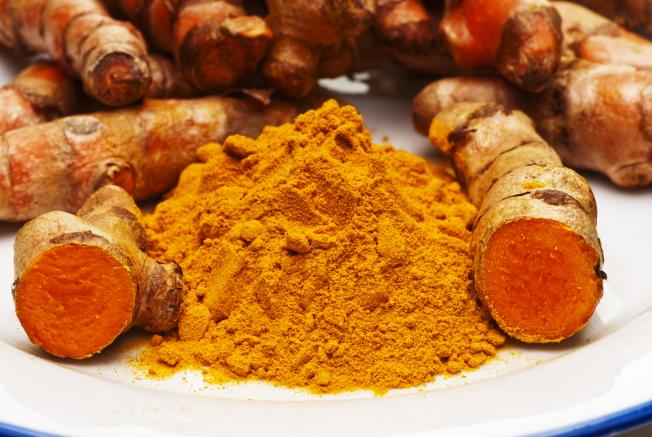The Mighty Turmeric - How Does Turmeric Impact Health?
Numerous researchers attribute the relatively low incidence of cancer and Alzheimer's in India to turmeric being a staple in their diet. Discover what you didn’t know about turmeric.

Turmeric is a rhizome plant belonging to the ginger family. It holds a place of honor in Indian cuisine and there's hardly a traditional Indian dish that doesn’t include turmeric. In recent years, turmeric has garnered special attention in scientific research. I will highlight several conclusions and discoveries about turmeric.
To begin, many researchers attribute the relatively low occurrence of cancer and Alzheimer's cases in India to the fact that turmeric is a key ingredient in their diet. Indeed, numerous studies support the anticancer properties of turmeric, especially for colon, pancreatic, skin, and breast cancer. Furthermore, it has been discovered that the active compound 'curcumin' helps inhibit the development of cancer cells and can even cause cancer cell death. It is also found that curcumin inhibits the progression of inflammatory processes and treats active inflammatory conditions, such as arthritis. It also prevents the development of the Helicobacter pylori bacteria, which affect the stomach.

One of the factors that impair the cognitive function of the brain and affect memory and concentration, sometimes leading to Alzheimer's, is a specific protein that accumulates in various brain cells. Curcumin contributes to the reduction of the development of materials that accumulate in the brain, by several methods, one of which is reducing this protein in the body, and thus preventing the deterioration of these conditions.
Cardiovascular diseases – Turmeric plays an important role in preventing these diseases in various ways: it lowers cholesterol levels and other fats that are harmful to the blood vessels and heart, and also prevents the formation of blood clots by reducing fibrinogen levels, which is used to create blood clots.
Despite the great importance and general safety of turmeric, some are sensitive to it and may experience different side effects, and I will mention a few. Turmeric can stimulate bile production, causing increased gastrointestinal activity and sometimes even abdominal discomfort. Hence, those suffering from gallstones or bile duct obstruction should avoid using turmeric. Those taking anticoagulant medications should not combine turmeric in their regimen. Diabetics taking insulin need to be particularly cautious as curcumin lowers blood sugar levels on its own.
Another interesting fact discovered is that consuming turmeric with black pepper significantly enhances the absorption efficiency of curcumin due to a substance called 'piperine' present in black pepper. Nowadays, you can even purchase turmeric capsules containing piperine as well. The best way to use turmeric is by consuming it as a spice
in food, and my recommendation is to add it as much as possible. Turmeric can be used as a sauce for salads and various dishes like rice and other grains, and more, according to creativity.
Eliyahu Shechter is an Iridologist and Natural Therapist

